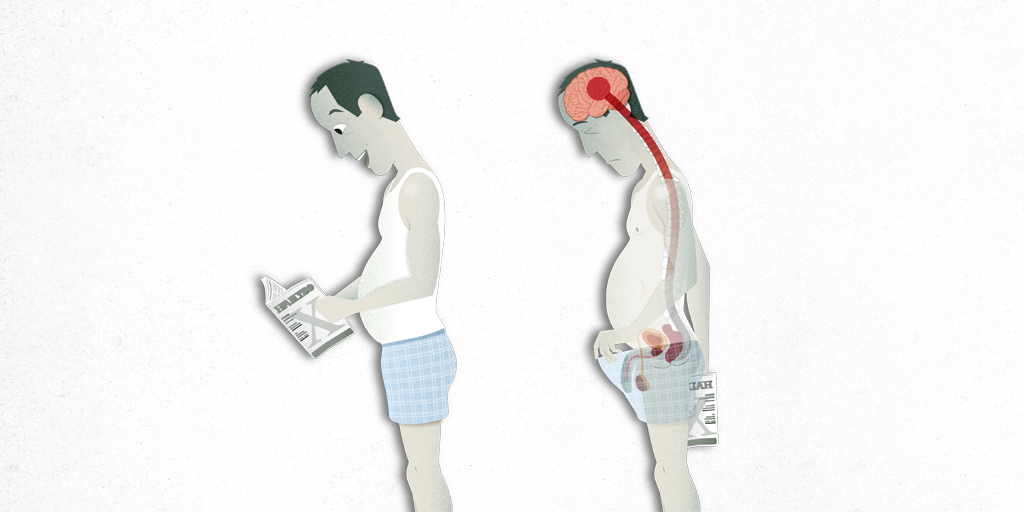The fear of having seeing or thinking about an erection is called ithyphallophobia

The Fear of Having, Seeing, or Thinking About an Erection: Ithyphallophobia

Ithyphallophobia, also known as medorthophobia, is an uncommon specific phobia that is characterized by an intense fear or anxiety associated with the erect male penis. This fear can arise from various triggers, including seeing an erection, having an erection oneself, or even the mere thought of an erection. Individuals who suffer from ithyphallophobia often experience extreme discomfort, panic attacks, and an overwhelming desire to avoid situations involving erections.
Symptoms and Causes
The symptoms of ithyphallophobia can vary in intensity and may include rapid heartbeat, shortness of breath, trembling, sweating, nausea, and a feeling of detachment from reality. These symptoms may occur when exposed to visual stimuli such as explicit images, witnessing an erection in person, or through self-awareness of one’s own erection. The fear is often deeply ingrained and can develop early in life due to negative experiences or cultural influences. It may also be a result of underlying psychological factors, such as anxiety disorders or past traumatic events.

Coping Mechanisms
Living with ithyphallophobia can be challenging, but there are strategies and coping mechanisms that can be helpful for individuals experiencing this fear. Cognitive-behavioral therapy (CBT) is one of the most commonly used therapies to treat specific phobias. It aims to help individuals challenge and change their negative thought patterns and behaviors related to their fear. Exposure therapy, a form of CBT, gradually exposes individuals to their fear in a controlled and safe environment, helping them to confront and manage their anxiety.
Seeking Professional Help
If ithyphallophobia begins to significantly impact an individual’s daily life, seeking professional help from a mental health specialist is recommended. A trained therapist or psychologist can provide guidance, support, and tailored treatment plans to help individuals overcome their fear and regain control over their lives. Early intervention and treatment can lead to significant improvements in managing or overcoming ithyphallophobia.
Breaking the Stigma
It is important to acknowledge that ithyphallophobia is a genuine phobia that can cause distress and disrupt the lives of those who experience it. Understanding and compassion from society play a crucial role in breaking down the stigma and misconceptions surrounding this fear. By promoting open conversations and seeking to educate ourselves, we can create a more inclusive and supportive environment for individuals living with ithyphallophobia.
Disclaimer: The information provided in this article is based on research and should not replace professional medical advice. If you or someone you know is struggling with a phobia or mental health condition, please consult a qualified healthcare professional.
Source: Common-Phobias.com
Tags
Share
Related Posts
Quick Links
Legal Stuff

